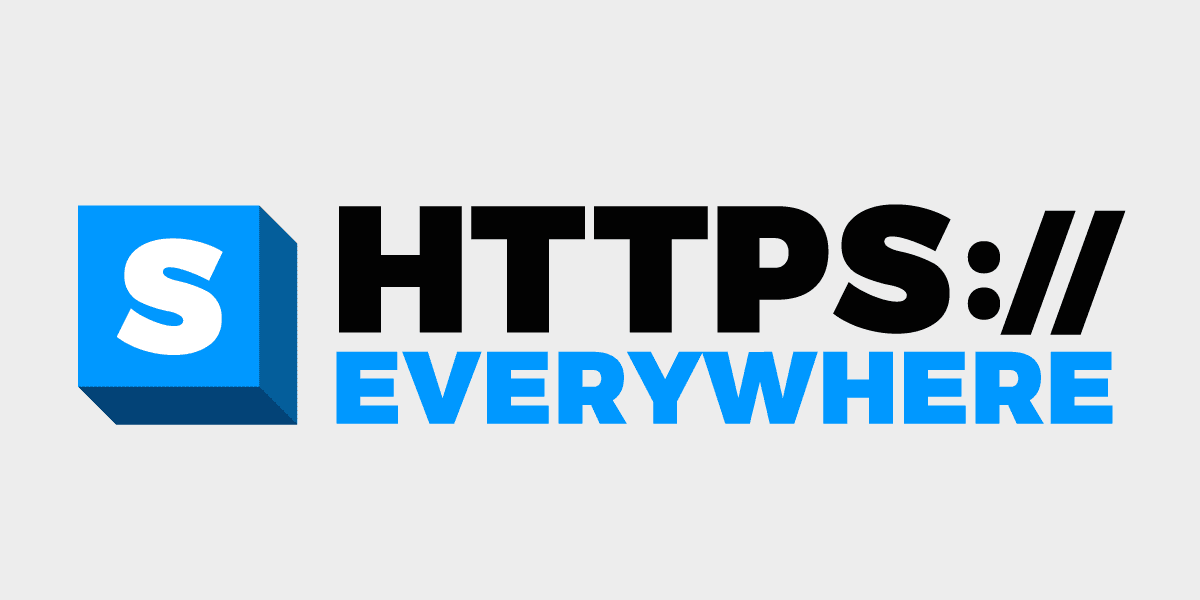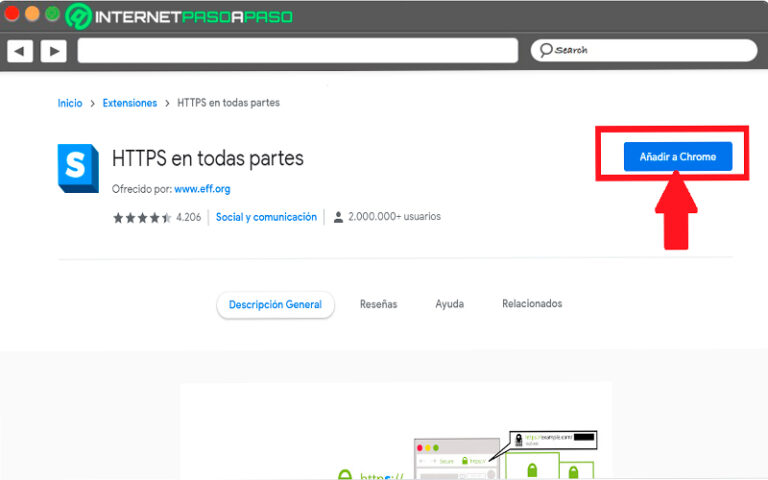

You have no special or new obligations under the User Data Policy. My Product DOES NOT handle personal or sensitive user data. Web browsing activity (which is any information about the websites or other web resources a user requests or interacts with, including the domains or URLs the browser interacts with).Health information, Authentication information (such as logins, password, and authentication cookies),.
#HTTPS EVERYWHERE CHROME LICENSE#
It also includes any type of identification number, such as a government issued number, driver's license number, or account number),
#HTTPS EVERYWHERE CHROME SERIES#
Read these frequently asked questions in order (from top to bottom) and they will lead you through a series of steps to help determine whether any changes are needed. How do I determine if my Product is compliant with the User Data Policy or if I need to make any changes?


īranding Guidelines | Rating Guidelines | Program Policies | User Data FAQ | Developer Agreement # 1. Nonetheless, it’s better to enable the relevant settings in the web browsers across all devices to remain stress-free.Important: The new requirements for Minimum Permission and updated User Data policy will be enforced starting. So, users can continue to use the HTTPS Everywhere extension for about a year. This gradual phase-out will presumably help the users and the service’s partners in the transition. Also, the service will keep informing users about the simple browser settings to implement HTTPS browsing throughout this time. Hence, it has announced retiring the extension.ĮFF is preparing to deprecate the HTTPS Everywhere web extension as we look to new frontiers of secure protocols like SSL/TLS.Īs elaborated, the tool will remain in “maintenance mode” after December 2021 for the following year. Given all these developments regarding HTTPS adaptation, EFF believes to have achieved the goal. These include displaying specific indicators in the address bar and blocking content on sites with poor or no HTTPS.Īlso, the popular browsers, Google Chrome, Mozilla Firefox, and Microsoft Edge, rolled out features like “ HTTPS-Only” or “HTTPS-First” to encourage secure browsing for both the users and the website admins. The vendors even implemented various measures to spread awareness about secure browsing among the users. Likewise, Google and other tech giants heavily advocated for applying SSL on websites.

This extension also helped the world recognize the importance of HTTPS implementation.Ĭonsequently, the US government mandated in 2017 for the government websites to apply HTTPS to prevent interception and cyberattacks. With its underlying encryption, this extension kept users safe from online snoopers. In a recent post, the Electronic Frontier Foundation (EFF) has announced sunsetting the HTTPS Everywhere browser extension.įor years, HTTPS Everywhere served users secured browsing via HTTPS even when the corresponding websites didn’t implement HTTPS. The foundation is convinced they have achieved the intended goal of a secure internet with HTTPS. As browsers continue to reinforce the “HTTPS-only” policy, EFF has decided to deprecate the popular browser extension HTTPS Everywhere.


 0 kommentar(er)
0 kommentar(er)
